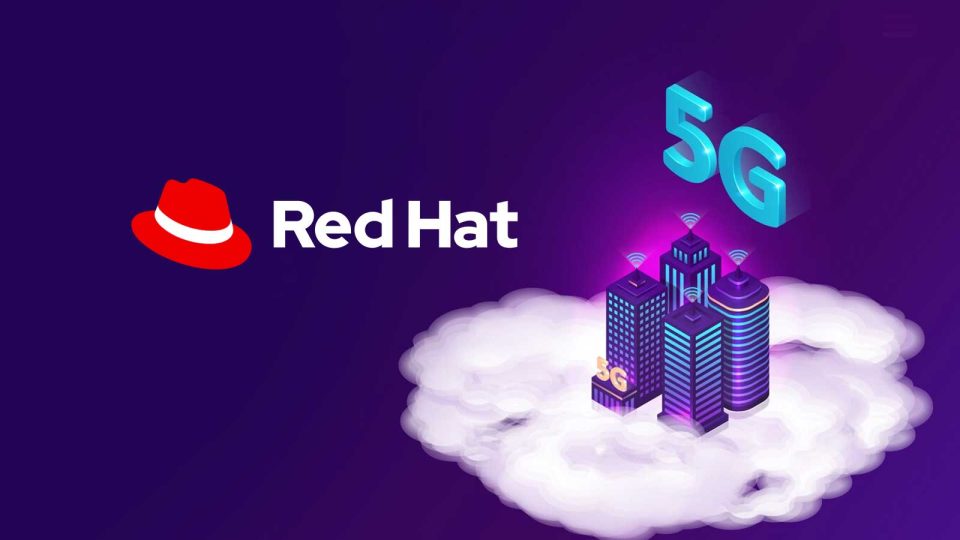The industrial sector is rapidly evolving, driven by technological advancements and adoption. To enhance operational efficiency, traditional connectivity options like on-site cabling and Ethernet fall short. Private 5G networks emerge as a solution, offering unified network function and application connectivity closer to end users. Leveraging virtualized and cloud-native radio access networks and 5G core implementations, private 5G ensures low latency, high data throughput, extended coverage, reliability, privacy, and security. Integrating with cloud-native application platforms enables the infusion of AI and ML capabilities, transforming business operations comprehensively.
Also Read: Red Hat and Tech Mahindra Enable Greater Hybrid Cloud Flexibility for Telco Workloads
Private 5G remains dynamic, adapting to evolving business needs. Use cases include data centers, hybrid and multi-cloud strategies, industrial edge, smart cities, and more. Red Hat and Intel collaborated on a cloud and edge-native private 5G solution tailored for industrial and cross-vertical deployments to meet this challenge. This cost-effective and user-friendly solution empowers manufacturers to seize revenue opportunities presented by AI-enabled software-defined operations and factories.
The reference solution comprises Intel FlexRAN software for private wireless, deployed on the newly introduced Intel Edge Platform alongside Red Hat OpenShift. This solution is highly adaptable and can be tailored further with innovations from the extensive partner ecosystems of both companies.
Through collaboration with Intel’s Edge Platform and ecosystem partners, Red Hat ensures the development of validated and certified solutions for service providers. It facilitates the realization of their business objectives. Red Hat OpenShift is a comprehensive cloud-native platform for private 5G workloads, offering scalability and flexibility. Its architecture allows for easy reconfiguration to suit various deployment scenarios, including enterprise private wireless networks at the edge.
In practical terms, deploying a private 5G network enables the integration of AI into factory operations through a modern, automated, and secure cloud-native platform. Use cases range from predictive maintenance to mobile sensor data extraction and agile AI-connected devices.
Read more: Top Healthcare Data Management Software and Tools Every CIO Must-know


